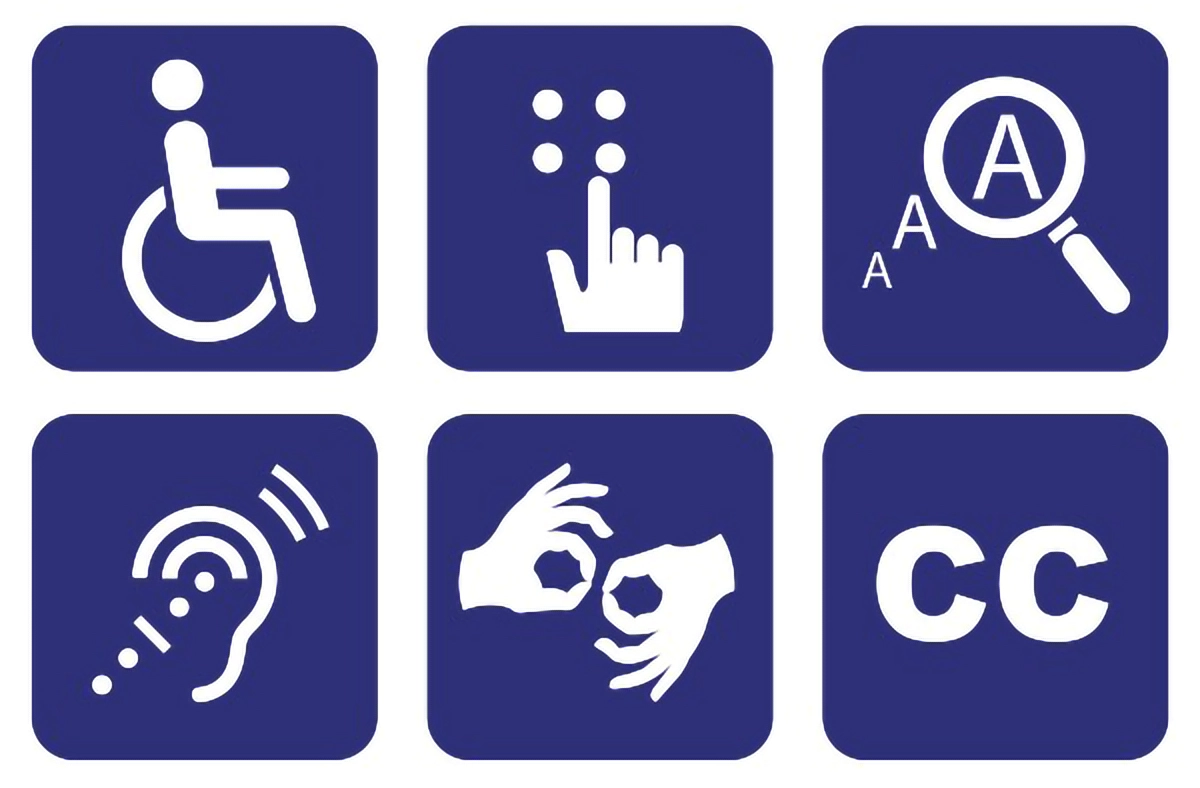We use cookies to help provide you with the best possible online experience.
By using this site, you agree that we may store and access cookies on your device. Cookie policy.
Cookie settings.
Functional Cookies
Functional Cookies are enabled by default at all times so that we can save your preferences for cookie settings and ensure site works and delivers best experience.
3rd Party Cookies
This website uses Google Analytics to collect anonymous information such as the number of visitors to the site, and the most popular pages.
Keeping this cookie enabled helps us to improve our website.
Accessible Information Standard
Do you have a disability, impairment or sensory loss and need to received information in a way you can easily understand?
If YES, please inform us at reception so we can make sure you have access to information you understand.

Accessible Information Standard Policy
The Accessible Information Standard aims to ensure that disabled people have access to information they can understand and the communication support they may need. The Standard applies to service providers across the NHS and adult social care system. As organisations that provide NHS services, GP practices are required by law to follow the Standard under Section 250 of the Health and Social Care Act.
Key requirements
There are five key requirements of the Standard:
- Ask patients and carers if they have any information or communication needs, and find out how to meet their needs;
- Record those needs in a set way;
- Highlight a patient’s file, so it is clear that they have information or communication needs, and clearly explain how those needs should be met;
- Share information about a person’s needs with other NHS and adult social care providers, when they have consent or permission to do so;
- Make sure that people get information in an accessible way and communication support if they need it.
What We Will Do To Meet the Standard
1. Ask patients and carers if they have any information or communication needs, and find out how to meet their needs
We will ask patients and their carers to tell us if they have any communication or information needs relating to a disability, impairment or sensory loss, and if so, what they are.
New patients will be asked at the point of registration if they have any communication or information needs relating to a disability, impairment or sensory loss, and if so, what they are (there is a section on the New Patient Questionnaire that covers this question).
Existing patients can be asked opportunistically (e.g. when making an appointment, with repeat prescriptions, newsletters, posters, email, text message, information screens, website).
Patients should be asked to self-define their communication/information needs and it is these needs (and not the disability) which should be recorded.
2. Record those needs in a set way
Once a patient has informed the practice that they have communication or information needs relating to a disability, impairment or sensory loss they will be asked or assisted in completing the communication or information needs template. This is designed to enable us to have as much accurate information as possible to assist the patient. Once completed and returned this information will be added to the patient’s medical record using the approved template to create a protocol to provide information to all users that access the record.
3. Highlight a patient’s file, so it is clear that they have information or communication needs, and clearly explain how these needs should be met
In order to inform all users and provide the opportunity to keep information up to date the protocol will launch each time the patient’s record is entered informing the user of the patients access needs and giving the opportunity for these to be updated if required.
4. Share information about a person’s needs with other NHS and adult social providers, when they have consent or permission to do so
As the information is being recorded in a standardised way via Read Code and users are being informed of any needs every time they enter the record the information recorded will be shared subject to patient’s choice regarding the sharing of information.
5. Make sure that people get information in an accessible way and communication support if they need it
The Practice provides one or more contact methods which are accessible to the patients. Methods include email, text message, telephone and text.
Where information/communication needs are identified, information (e.g. correspondence) will be provided in one or more accessible formats (e.g. non-standard print). Alternative formats can be provided if available either through auto-generated systems, or through prompting staff to make alternative arrangements. The adjustments made should be reasonable – but this does not mean that the patient must always receive information in their preferred format. What is important is that they can access and understand the information.
Where needed, appropriate professional communication support is arranged by the practice to enable patients and carers to effectively receive NHS care i.e. Text Talk, Interpreters.
A patient’s family member, friend or carer may also provide necessary support in certain circumstances and where this is the patent’s explicit preference (which should be recorded);
Patients or carers themselves must not be asked to meet the costs of any information or communication needs.
You can also print off and complete the Accessible Information Communications Card
